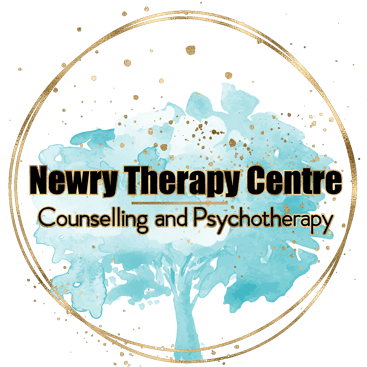
The transition from childhood to adulthood is associated with significant brain development. The adolescent brain develops more sophisticated and stronger neural connections. During this period of growth, the typical teen is also expected to attend school, maintain friendships, perform academically and become more independent by taking on more responsibility (household chores and possibly employment). All of which can make the teenage years extremely difficult.
During this time young people seek independence from parents/caregivers which can cause difficulties and can fracture parent-child relationships. Adolescents can experience a wide range of difficulties:
- Self-harm behaviours
- Anxiety
- Depression/low mood
- School refusal
- Bullying
- Negative risk taking behaviours
- Difficulties with peer relationships
- Social withdrawal/isolation
- Body Image /eating difficulties
- Attachment Disorders
- Trauma
- Reactions to life events such as death, divorce, separation, relocation
Cognitive behavioural therapy (CBT) is a type of psychotherapy which helps people identify and change dysfunctional patterns of thinking and behaving. It is based on the idea that there is a clear link between thoughts, behaviour, and feelings.
For Example, a teen may experience the following:
- Thought: I’m socially awkward
- Feeling: Anxious
- Behaviour: Teen sits in the corner alone while at a party
A teen who thinks she is awkward might avoid eye contact and shy away from conversation. Then, when she doesn’t have positive social interactions, her belief that she’s socially awkward is reinforced. CBT aims to break that cycle by changing the way a teen thinks or behaves.
We promote independence and work collaboratively with our clients to come up with ways that they can help themselves. This allows the young person to finish therapy with new skills that will help them in the future should problems reoccur. We will work together to establish goals for therapy and will work together to achieve them.
What to expect?
